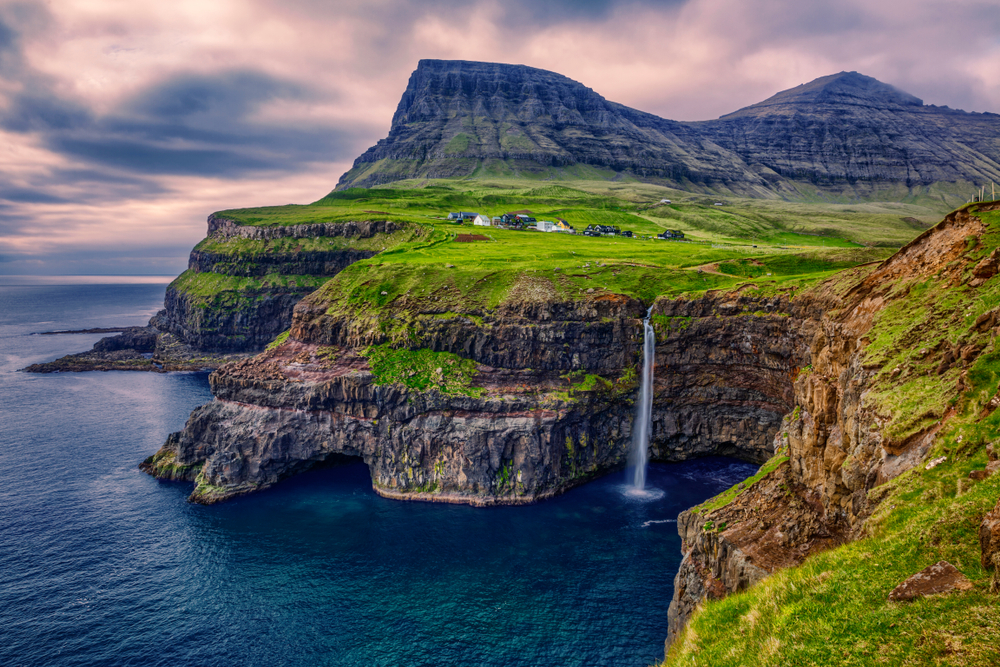- Paradises: quarantines in idyllic places that make the rest of humanity green with envy
- Spain.The peoples who still resist the coronavirus: "They congratulate us from New Zealand to Canada"
Halfway between Norway and Iceland, the 18 islets that make up the Faroes have earned a reputation as an overflowing destination in terms of nature and absolute calm. Lost in the middle of the North Atlantic, the Danish archipelago is a small paradise where nearly 50,000 people share a home with 80,000 sheep. A perfect balance only altered by the increasing number of visitors attracted by such remote coordinates.
So much so that the Faroe Islands have closed their borders to tourism for a weekend since last year in an exercise of conservation and cleaning of their own. Surely they never imagined that a pandemic would make them bolt outside and within their geography . They did so on March 17.
Almost a month later, however, the archipelago has mourned no fatalities for Covid-19, and one man, veterinarian Debes Christiansen , appears to be primarily responsible for this good news.
The scientist leads the laboratory that is in charge of monitoring all salmon exports , the islands' main economic engine, to prevent the spread of viruses such as infectious salmon anemia (ISA), which in 2000 ended the 1990s. % of fish. But in the face of the global threat from Covid-19, it convinced the local government to adapt the laboratory and buy the necessary material to carry out the diagnostic tests for the coronavirus.
"When the virus left China I added two and two. I immediately started preparing," Christiansen told Danish Berlingske . "I was convinced that we could quickly configure the machines and tests that we had used in salmon to test the Covid-19 on people."
They did so. The first test on Faroese soil was carried out in late February. The measure has allowed the early detection of the virus with an "incredibly economical and effective " method : the most severe patients received the result in three or four hours.
"We are a population of approximately 52,000 people," confirms El Mundo Christiansen by email. "We have carried out 5,765 tests, which is equivalent to 11% of the inhabitants . In total, the islands have detected 184 positive cases of coranovirus, of which 169 have recovered today.
Tourists will take longer to return to tour its cliffs, to contemplate their puffins, as they call puffins in these latitudes and to drink from their Viking culture. But in the Faroe Islands, schools have announced that they will reopen their doors on April 20.
According to the criteria of The Trust Project
Know more- tourism
- Stay at home
OutdoorsThe world's largest park and four other secret gardens that are a treasure
# Travel Tomorrow Why Sri Lanka is the closest thing to the Garden of Eden on Earth
From the window What to see in the Madrid night sky during Easter

